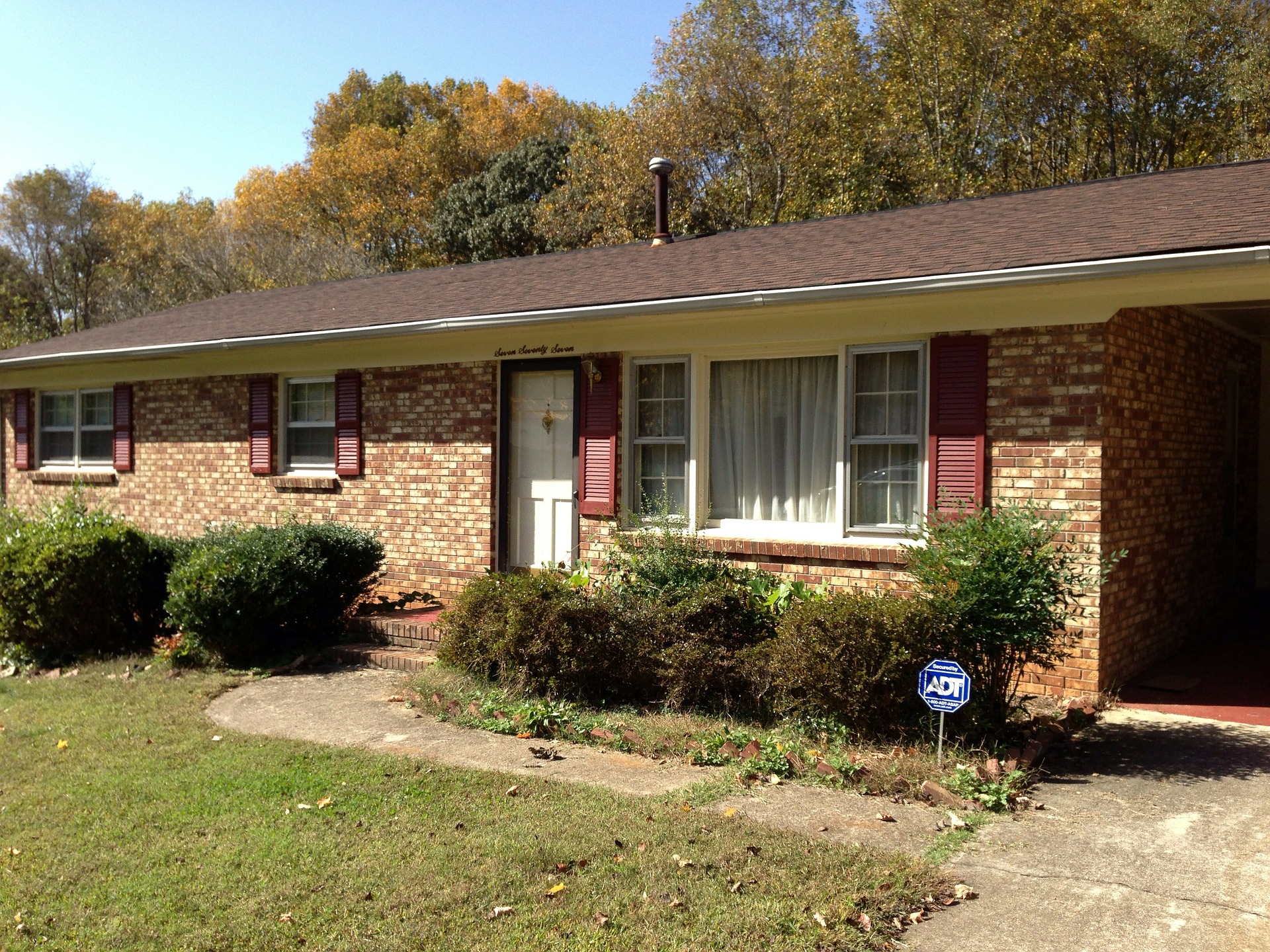
30 Nov Our primary home became a rental. What taxes will we owe when we sell?
Photo: pixabay.comQ. We moved to California in 2012 and rented out our New Jersey home so we don’t qualify for the capital gains tax exemption. We are finally selling the home for $480,000, but we bought it for $549,999 in 2007. What should we expect taxwise?
— Ready to sell
A. It’s important to understand the rule differences between the sale of a primary home and the sale of a rental property.
If you lose money on your principal residence you cannot deduct the loss, but if you lose money on the sale of a rental property, you can deduct the loss, said Bernie Kiely, a certified financial planner and certified public accountant with Kiely Capital Management in Morristown.
You might decide it would be smart, if you would lose money on the home sale, to convert it to a rental for a few years and then sell it and deduct the loss. But the rules won’t allow that, Kiely said.
“If you hold property for personal use and then change it to business use or use it to produce rent, you can begin to depreciate the property at the time of the change,” he said. “To do so, you must figure its basis for depreciation at the time of the change.”
The basis for depreciation is the lesser of the following two amounts, he said. It’s either the fair market value of the property on the date of the change or your adjusted basis on the date of the change.
“The adjusted basis on the date of the change is what you paid for the house plus the cost of improvements made to the house prior to the date of change,” he said. “In your case, your basis is probably the fair market value when you changed your home to a rental.”
If you used your original cost plus improvements for depreciation purposes, your depreciation expense was overstated, he said. You should amend the previous three tax returns to correct the depreciation.
Kiely said when you depreciate an asset, the prior depreciation lowers your basis for purposes of determining taxable gain or loss when you sell it.
“When you sell the property for a gain, your adjusted basis is your original cost plus improvements minus accumulated depreciation,” he said. “If you sell the property for a loss, your adjusted cost basis is the fair market value at the time of change plus the cost of improvements made after the date of change minus accumulated depreciation.”
The rules say that the loss in value of your home prior to the date of change is not tax deductible, he said.
Also note that when you close on the sale of your house, the buyer’s attorney will hold back the greater of 8.97% of the profit on the sale of the home or 2% of the selling price and submit the funds to the state’s taxation department. This is for the so-called exit tax.
“This payment is an estimated tax payment that you will deal with when you file your state income tax return,” Kiely said. “The amount of refund you will ultimately be entitled to depends on what your adjusted cost basis and your net proceeds from the sale turns out to be.”
It sounds like you should work with an experienced CPA for this year’s tax return.
Email your questions to .
This story was originally published on Nov. 30, 2020.
NJMoneyHelp.com presents certain general financial planning principles and advice, but should never be viewed as a substitute for obtaining advice from a personal professional advisor who understands your unique individual circumstances.

